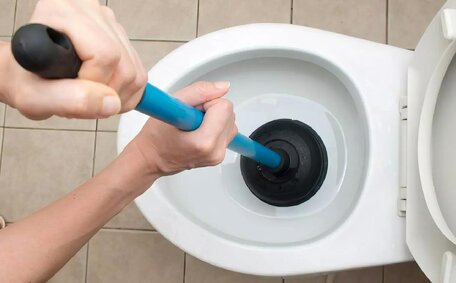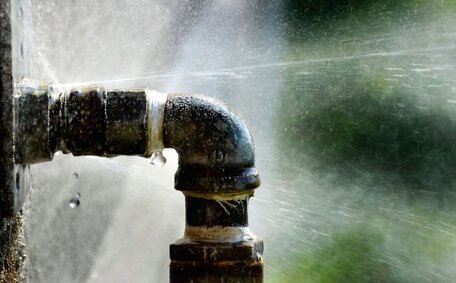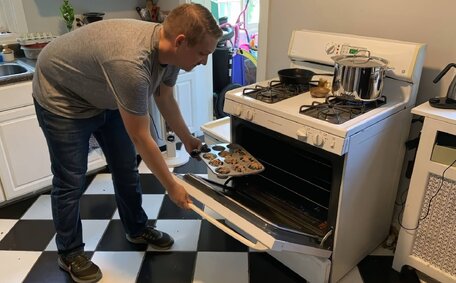Understanding Natural Gas and LPG
Natural gas and LPG are commonly used fuels for heating and cooking, each possessing unique properties.
Natural gas is mainly composed of methane and is piped directly to homes and businesses from gas wells, while LPG like propane or butane is derived from natural gas or petroleum refining and stored in pressurised tanks.
Natural gas is typically more cost-effective, has a higher energy content and emits less carbon dioxide when burned compared to LPG, which is favoured for its portability in outdoor grills and generators.
To convert a gas BBQ from LPG to natural gas, you must modify the burner, tubes, valves, and orifices to suit natural gas’s higher pressure and different composition. Doing this properly requires conversion kits natural gas tailored for the grill model.
To ensure safety, hiring a licensed gas fitter is crucial for installing new shutoff valves, flexible hoses, and conducting leak tests.
Switching to natural gas can reduce fuel costs, eliminate the need for heavy tank refills, and prevent the inconvenience of running out of gas during cooking. This conversion does necessitate proximity to a natural gas line.
Benefits of Switching Your BBQ to Natural Gas
Converting your BBQ from LPG to natural gas provides several advantages and is a wise decision.
Natural gas typically has a lower cost per unit of energy compared to bottled LPG. With natural gas delivered straight to your home in Brighton-Le-Sands, you’ll enjoy this lower price without delivery fees or running out.
You’ll also gain convenience from eliminating cylinder hauling, hookups and abrupt disengagements when empty. Leave the lid open or burners on high without worrying about wasting precious LPG.
From an environmental standpoint, burning natural gas produces less carbon dioxide than LPG does. It’s also a fossil fuel but contains more clean-burning methane.
BBQ conversion kits are priced from approximately $100 to $200. Given natural gas prices at roughly half the cost of LPG per megajoule, savings from your upfront investment will quickly add up.
Making the switch requires technical know-how to adjust burner builtins for the different gas properties. Allow our licenced technicians to handle any alterations to valves, lines and fittings.
Required Tools and Conversion Kits
What’s required for converting a BBQ grill from LPG to natural gas? Specific tools and kit components are required to properly adjust the burners, valves and fittings.
Essential tools include:
- Adjustable wrenches
- Needle nose pliers
- Screwdrivers
- Pipe sealant
The conversion kit features replacement components like the hose regulator, tailored to your specific grill model, including:
- Stainless steel burner tubes
- Gas valve orifices
- Rubber gas hose and fittings
- Spring loaded LP regulator
The conversion kits available range from basic sets with just orifices and hoses to more comprehensive kits that include items such as chrome-plated burner tubes.
Always check the manufacturer’s specifications to confirm the required tools and verify your grill’s conversion kit contents. Consult a licensed technician regarding any uncertainties before and during the gas type conversion.
Step-by-Step Guide to Converting Your BBQ
Converting a BBQ grill from LPG to natural gas requires carefully following safety precautions and manufacturer’s instructions. Here is an overview of key steps:
- Turn off grill and detach LPG cylinder.
- Remove existing burners, valves, lines and fittings. A licensed gas fitter should disconnect or cap off any fixed gas lines.
- Follow the provided instructions to affix components like orifices, hoses, and the spring-loaded regulator from your conversion kit.
- Re-install burners, attaching new gas lines and fittings. Ensure all connections are tight with no leaks.
- Have a licenced technician connect to house natural gas supply line and perform extensive leak checks.
- Confirm burner flames are uniform and adequately sized by adjusting built-in controls.
- Re-paint grill firebox interior with high-temp paint to protect against any corroded spots.
Always consult your grill’s specific guidelines as detailed in the make and model instructions. Only qualified professionals should make adjustments to your fuel system, ensuring compliance with Australian standards.
For full-service installation of natural gas to your BBQ, contact our team of licensed gas professionals at Brighton-Le-Sands Plumbing. We can expertly convert your grill and provide flexible gas line connections to tap into existing household pipes.
Hiring a Licensed Professional
When converting gas appliances from LPG to natural gas, it’s crucial to involve a qualified professional for aspects like disconnecting fixed gas lines, assessing ventilation needs, and performing leak detection.
Under local council regulations, only licenced and insured gas fitters can carry out alterations to existing gas systems or new installations. This ensures work meets strict compliance standards for public safety.
Our Brighton-Le-Sands Plumbing technicians are fully accredited and trained in contemporary methods and codes. Our extensive experience with household natural gas projects in Sydney equips us to expertly configure burners, valves, and fittings for the transition from propane to natural gas.
After you convert natural gas BBQ grills or other appliances, you will receive a Certificate of Compliance, ensuring all legal prerequisites are satisfied.
Avoid the hazards of attempting complex gas system modifications on your own. Contact our team of licenced experts at Brighton-Le-Sands Plumbing to convert your BBQ or other appliances to natural gas quickly, safely and legally.
Testing for Gas Leaks
Testing for potential gas leaks is a vital safety step to undertake after converting your BBQ grill to natural gas and before using the appliance.
Apply soapy water using a spray bottle over all connections and valves to check for leaks. Observe for the formation of growing bubbles, indicative of a gas leak. Pay particular attention to fittings that were opened up and resealed.
Upon detecting leaks, it is crucial to immediately shut off the gas supply. Tighten any loose joints with an adjustable wrench. A professional gas fitter should reassess these areas to guarantee a secure repair.
Be aware that bubbles could result from soap residue, and not necessarily signify a leak. However, if uncertain, it’s imperative to consult a licenced technician for a thorough assessment.
For absolute certainty of your home gas system’s safety, consider a leak inspection by our experts at Brighton-Le-Sands Plumbing. Our advanced gas detectors thoroughly scan pipework and appliances to detect the smallest trace of escaping gas.
Long-term Savings and Maintenance
One major benefit of converting your BBQ grill to natural gas is the long-term cost savings from lower ongoing fuel expenses.
The cost savings from using natural gas instead of repeatedly exchanging expensive LPG cylinders can be substantial over time.
As natural gas burns more cleanly and efficiently than propane, your appliance could require less frequent maintenance.
However, a yearly tune-up inspection is still recommended to check:
- Pipe and hose fittings for corrosion
- Valves and controls that open/close properly
- Proper ignition at all burner tubes
- Uniform flame output without blockages
When not in use, shield your grill from the elements and keep the burner areas and underside free from debris.
For BBQ natural gas line installation or servicing, contact our licenced technicians at Brighton-Le-Sands Plumbing. We also offer ongoing maintenance plans to keep your appliance running safely for years to come.






